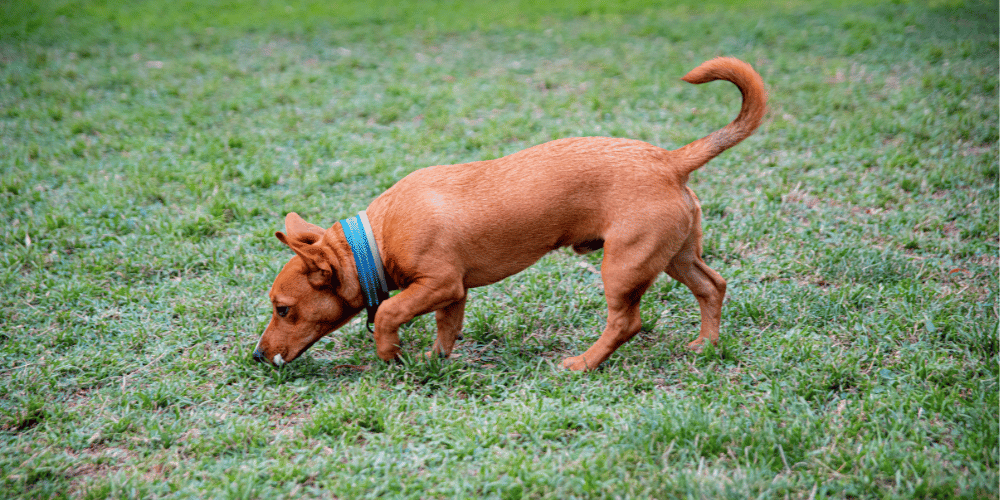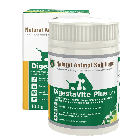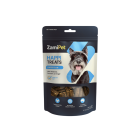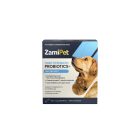
If you're a dog owner, you know that taking care of your furry friend involves more than just daily walks and belly rubs. Paying attention to your pet's poop can offer valuable insights into their well-being. While it may not be the most glamorous part of pet parenthood, understanding the signs in your dog's digestive outputs is crucial. This guide will help you interpret what's normal, what's not, and when it's time to consult your vet. Join us on a journey through the ins and outs of your dog’s digestive health.
How Often Should Dogs Poop?
A healthy dog typically poops once or twice a day. Puppies will go more frequently, and as dogs age, their digestive system may slow down a bit. Regularity is key – sudden changes could indicate health issues.
What Should Dog Poop Look Like?
The ideal dog stool is firm, slightly moist, and easy to pick up. Think of it as a chocolate bar in consistency – not too hard, not too soft.
Interpreting Dog Poop Color
The rainbow of dog poop colors can indicate various things about your pet's health:
- Brown: Congratulations, brown is the go-to color indicating good health!
- White: Specks of white could mean your dog is ingesting too much calcium or bone.
- Yellow: Yellow stools may point to a food intolerance or issues with the liver.
- Green: Grass-eating or gallbladder issues could turn the stool green.
- Black: Black or very dark poop could indicate internal bleeding and warrants a vet visit.
Why Is There Blood in My Dog's Poop?
Blood in the stool is not normal and can be alarming. It might be something simple like a minor cut in the digestive tract, but it could also be a sign of something more serious like parasites, a food allergy, or a gastrointestinal disorder. A trip to the vet is in order.
What to Do If You See Worms in Your Dog’s Poo?
Spotting worms in your dog's poop is a clear sign of parasitic infection. Common culprits include roundworms, tapeworms, and hookworms. Don’t panic, there are multiple options for treating this issue.
- All in One Preventatives such as Simparica Trio or NexGard Spectra.
- Worm Preventatives such as Virbac, Drontal or Interceptor Spectrum.
- Heartworm Preventative such as HeartGard Plus, Nuheart or ValuHeart.
Understanding Coprophagia in Dogs
Some dogs have a baffling habit of eating their own poop. This could be due to nutritional deficiencies, underlying health issues, or behavioral reasons. If this is a frequent occurrence, a vet visit is recommended.
Why Dogs May Eat Other Animals' Poop
Eating the feces of herbivores like horses or cows can sometimes happen due to the undigested plant matter in the poop, which might seem appetizing to your dog. It's generally best to discourage this behavior to avoid the risk of parasites or disease.
Recommended Products for Optimal Digestion
- Maintain your canine's digestive health with ZamiPet HappiTreats Digestion Dog 30 Chews, perfect for promoting a healthy gut.
- Boost your dog's gut health with ZamiPet High Strength Probiotics+ Gut Protect Dog, providing a potent blend of prebiotics, probiotics, and postbiotics.
- Support everyday digestive wellness with PAW Digesticare Digestive Health 150g, a multi-strain probiotic powder suitable for pets.
- Choose Natural Animal Solutions DigestaVite Plus for a comprehensive dietary supplement that aids in promoting optimal digestion and nutrient absorption in pets.
Summary
Being observant of your dog's bathroom habits is an essential part of proactive pet care. It's not just about keeping the yard clean—it's about ensuring your pet stays healthy. Remember, any prolonged or drastic changes in your dog's poop should be discussed with your veterinarian to keep your pooch in tip-top shape.



